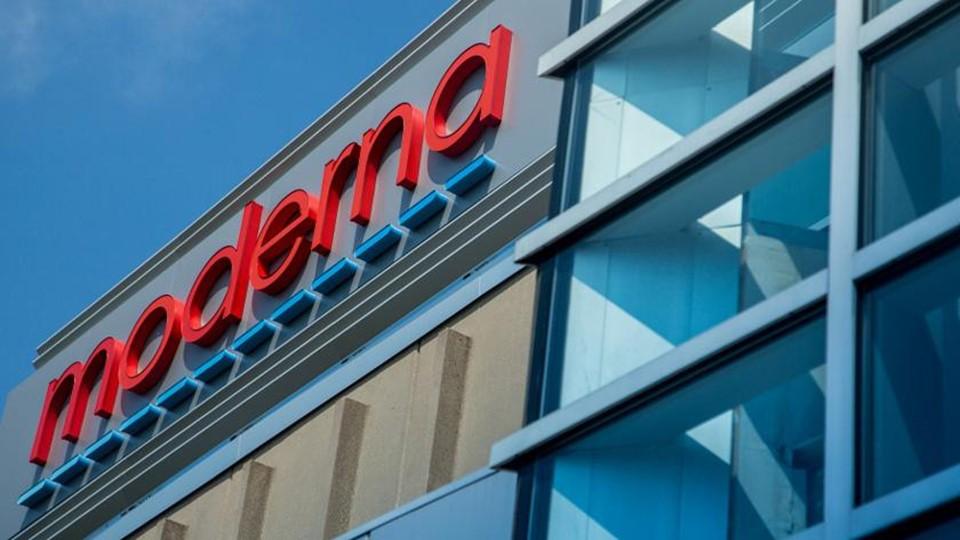MSD, Moderna take mRNA jab into phase 3 for lung cancer

MSD and partner Moderna have started a late-stage trial of their personalised cancer vaccine V940 as a combination with MSD’s PD-1 inhibitor Keytruda for patients with non-small cell lung cancer (NSCLC).
MSD – known as Merck & Co in the US and Canada – said this morning that the phase 3 INTerpath-002 study will look at the combination as adjuvant therapy for patients with stage II, IIIA, or IIB NSCLC that has been removed with surgery, to see if it is more effective than Keytruda plus placebo at preventing the cancer from returning.
Patients in the study will receive a 1 mg dose of V940 via intramuscular (IM) injection or a matched placebo once every three weeks for up to nine doses, along with an infusion of Keytruda once every six weeks for up to nine doses.
The primary endpoint of the trial is disease-free survival (DFS) with an overall follow-up period of up to 78 months, so, it will be some time before efficacy data is available.
Secondary endpoints include overall survival (OS), distant metastasis-free survival (DMFS), lung cancer-specific survival (LCSS), and quality of life, with patients expected to be followed up for around 12 years overall.
Recruitment for INTerpath-002 is already underway around the world and the first patients have been enrolled in Australia, said MSD.
The decision is another endorsement of the potential of V940 – also known as mRNA-4157 – which is a personalised vaccine targeting 34 cancer neoantigens derived from patients' own tumours.
In July, MSD and Moderna decided to take the combination of the vaccine and Keytruda into a phase 3 trial called INTerpath-001 (formerly V940-001) for skin cancer melanoma, once again as an adjuvant therapy, in patients with stage IIB to IV disease.
That decision was based on the results of the phase 2b KEYNOTE-942 trial, which showed that the combination reduced the risk of distant metastasis or death by 65% compared to Keytruda alone in high-risk, resected melanoma patients.
mRNA-4157 is designed to prime the immune system to attack the tumour cells, while Keytruda blocks an immunological ‘brake’ that protects the cancer.
“Addressing lung cancer reflects the constant struggle between medical innovation and biological complexity. Each patient’s cancer presents a labyrinth of genetic mutations, driving a novel approach of individualised medicines manufactured based on the distinct molecular tumour profile for each patient,” said Kyle Holen, Moderna’s head of development, therapeutics, and oncology.
“We believe an individualised neoantigen therapy can be this catalyst for innovation and drive us forward towards the next frontier of cancer care,” he added.
MSD took up an option on the personalised RNA-based cancer vaccine last year, with an upfront payment of $250 million, as part of a collaboration that was first signed in 2016. The partnership was expanded in 2018, before the mRNA vaccine technology showed its worth in the COVID-19 pandemic.
Moderna’s arch-rival in the mRNA vaccine category, BioNTech, is also developing a personalised cancer vaccine called BNT111, based on four melanoma-associated antigens, in combination with Regeneron’s PD-1 inhibitor Libtayo (cemiplimab) in a phase 2 trial, with results due in 2025.
One issue facing personalised cancer vaccines that will have to be addressed later is how their individualised production can be scaled up, so that they can become viable, affordable options for health systems, although that has been achieved with other therapies such as CAR-Ts.













